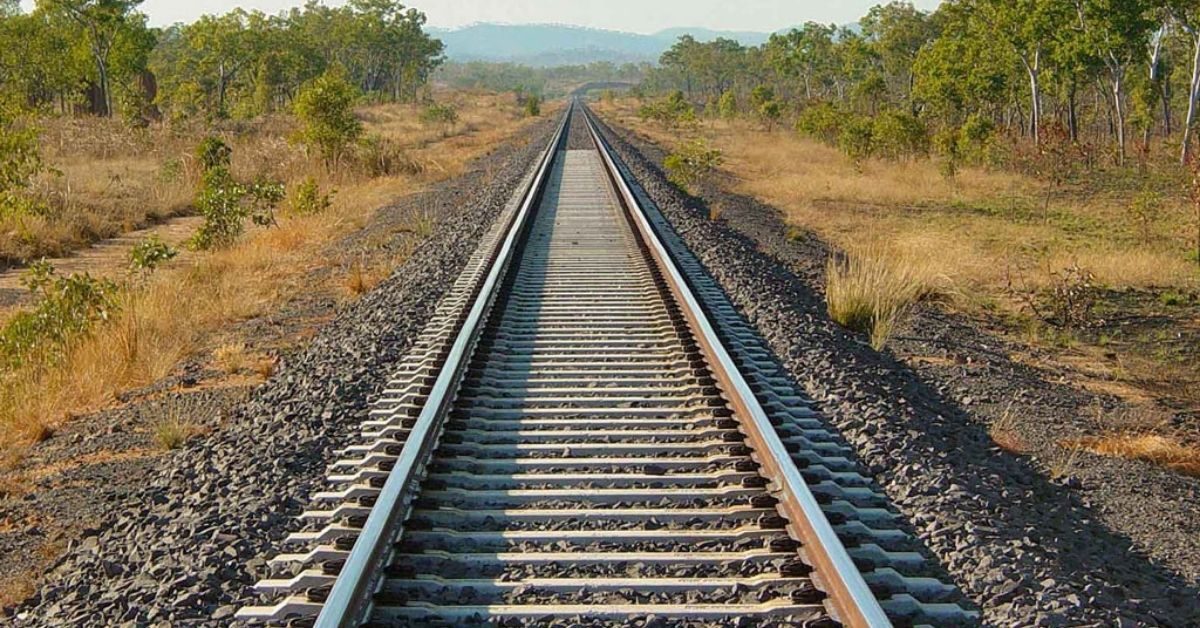Source: NEW AGE
While the project cost now stands at Tk 4,225.71 crore, not a single taka has yet returned from it, as the services have not begun on the route through which the Bangladesh Railway aimed at establishing rail communication with the Mongla port, connecting the port with adjacent countries through railways and boosting Sundarban-centred tourism.
Though the construction of the track, all civil works, major and minor bridges, embankments, culverts, signalling and telecommunication works are done by now, schedules have not been fixed yet to start train services on this new section.
A meeting of the project implementation committee, held on Tuesday at the railways ministry headquarters Rail Bhaban in the capital, stressed quick inauguration of train services on this new section.
The project under the Indian Line of Credit (LOC-I and LOC-III) saw several revisions following which its cost increased and adjusted and deadline extended.
Policy experts said that this situation was not surprising under the given project implementation performance of the Bangladeshi authorities.
Project officials said that soon trains would start running on the line.
As per a document presented in the Tuesday meeting, now the project’s physical progress is 100 per cent and financial progress is 93.85 per cent (Tk 3,965.73 crore spent).
Prime minister Sheikh Hasina and Indian prime minister Narendra Modi inaugurated the track on November 1, 2023.
To operate commercial passenger trains on the new section, the government inspector of the Bangladesh Railway inspected the line on April 30 this year.
Under the project, a total of 90.725 kilometres rail track, including 63.821 broad gauge tracks, 32 major and minor bridges, including 5.13km Rupsha Bridge, 107 culverts, 29 level crossings and nine vehicular underpasses have already been constructed.
The Bangladesh Railway under the railways ministry initiated the much-talked-about ‘Construction of Khulna–Mongla Port rail line project’ (3rd revised) in 2010 and was supposed to complete it in 2013.
Its main development project proforma was approved on December 21, 2010, while its first, second and third revised DPP were approved on May 26, 2015, October 5, 2021 and October 31, 2023 respectively.
As per the main approved DPP, the estimated cost of the project was Tk 1,721.3936 crore with the contribution of the Indian loan at Tk 1,202.3114 crore and the contribution from local sources at Tk 519.0822 crore.
Following the first revision, the cost increased to Tk 3,801.61 crore and after the second revision the cost stood at Tk 4,260.8816 crore.
After the third revision the project cost decreased to Tk 4,225.71 crore with the Indian loan contributing Tk 2,914.34 crore and local sources contributing Tk 1,311.37 crore.
The project saw extension of the deadline at least for five times.
The first time, the deadline was extended by one year to December 2014.
On the second occasion, the project deadline was extended for four years to June 2018. Then it was again extended to June 2020, then again to December 2022.
In 2023, the deadline was extended till June 2025.
On March 31 this year, the project’s overall work was declared completed and from April 1 this year the project’s ‘defect liability period’ started.
M Masrur Reaz, chairman and founder of Policy Exchange Bangladesh, told New Age that it is not surprising (that the trains are yet to run on the new section) given project implementation performance of the Bangladeshi authorities.
In Bangladesh the projects are often delayed by different factors like land acquisition, import complexities of different equipment and finance issues, he said.
The main two problems though are with project management and project governance, he continued.
Masrur explained that due to poor technical and organising or management capabilities and weak governance, including lax monitoring and accountability, financial management and cost escalation, these problems raised.
Until these weaknesses are addressed, such delays and cost overruns will remain a problem for different projects, he concluded.
Project director Md Arifuzzaman, also additional director general of railway, told New Age on Tuesday that the initial delay was due to tender procedures, and later on after physical works started in 2017, delays were caused by design faults that occurred, among others, in Rupsha Bridge also.
Besides, delays also happened in disbursement approvals from the Indian EXIM Bank. Delays also occurred in equipment shipment from India due to the Covid-19 pandemic. ‘Train will start running on the new section when the government inspector of the Bangladesh Railway will give us approval,’ he added.







